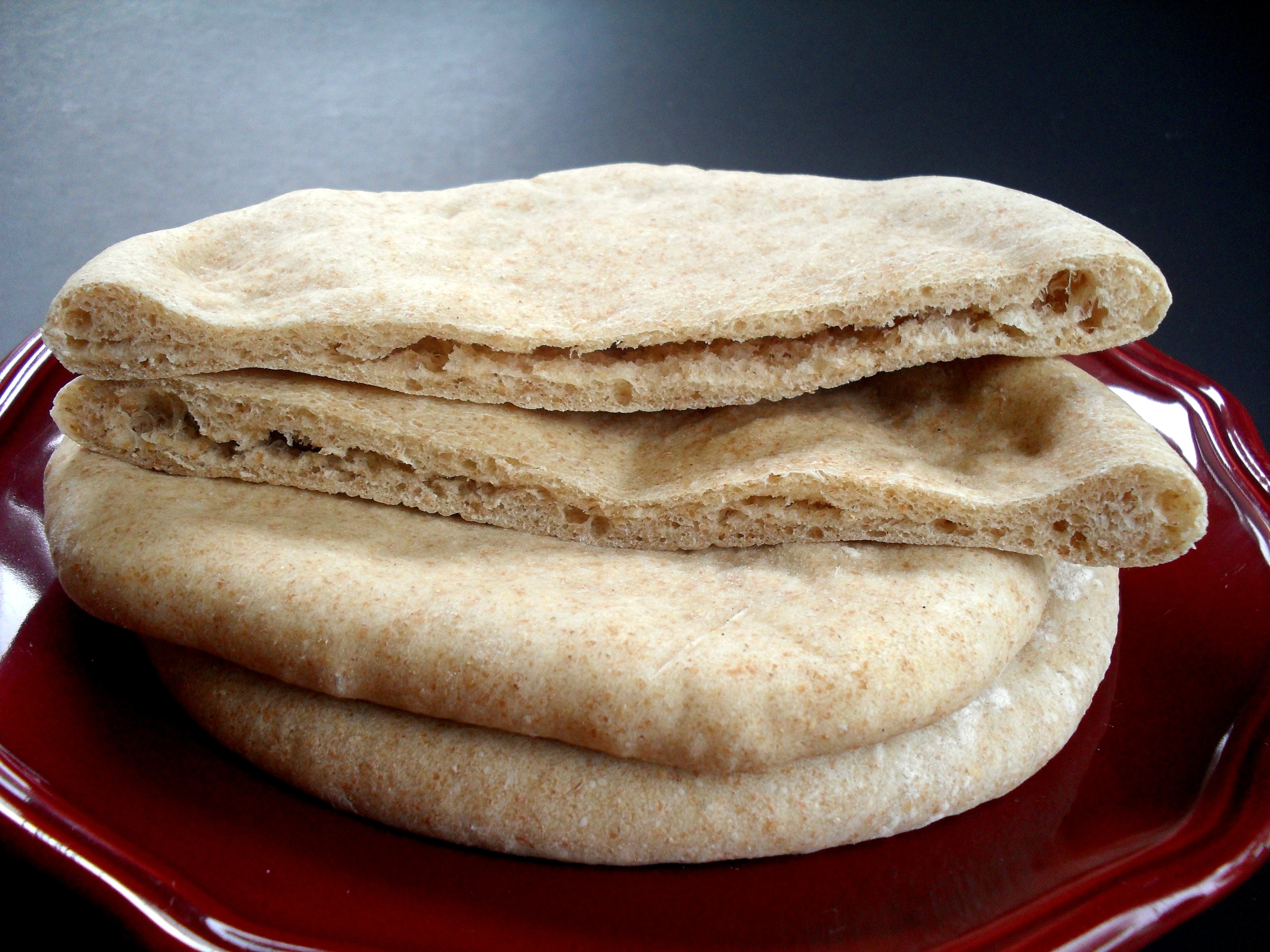in her article "the dominion of love" in the green bible, barbara brown taylor writes
when the rain comes do, everyone and everything gets refreshed--those who deserve it right along with those who do not. that is just the way God is with God's creatures. if they are here, God made them, and if God made them, God loves them.
sure, some of them give God headaches and others break God's heart, but we humans do not get to make distinctions.... we are here to preside over the dominion of love. made in the divine image, we are here to love as God loves. "be perfect, therefore, as your heavenly father is perfect" (matthew 5:48).
wait, wait, wait a minute. how does that work? well, you know how it feels under the shadow of those wings, right? perfect. so move over. make room, because there is a whole creation seeking refuge, and you, you are the spitting image of the One who gives life to all.
these last few months have caused me to sit with who i am in the world. i've been thinking about what i eat, who i share meals with, where my food comes from, how i get my food. i';ve been thinking about all the times i've failed to remember my connectedness to creation and to people around the world. so, i remember the times i drank non-fair trade coffee, when fair trade coffee was just a couple blocks away. i remember the times i consumed incredibly processed foods when i should have chosen fresh, local foods. i remember the times i forgot who God calls me to be as an embodied human being and ate too much gluten or lactose. these are moments that i'm certain will happen again. these are moments when i have not done a good job of living up to what it means to be created in the image of our God who loves creation in all its connectedness, in all its diversity, in all its life. and i wonder if i have broken God's heart.
but i also remember all the moments when i've walked the extra block for fair trade coffee--when i've chosen to spend more time learning about food sources and local farmers--when i've chosen to listen to my body, in all its limitations and said yes to its boundaries. and those are the moments when i have felt most connected to God and to creation.
i remember how easy it is to fall back into the traps of eating without thinking, without remembering. its easy to forget how connected we are to other people and other parts of creation. its easy to shove other living things out of the shadow of God's love. its easy to be wooed by food systems that offer tasty and easy food, but also offer us death.
so, less than two weeks after easter... i know i will struggle to choose life when i choose what i will eat.
but.
i am grateful that i have a choice and that the choice is waiting with every fork, with every bowl, with every table guest.
i hope i choose to eat in life-giving ways. i hope i remember in whose image i'm created.
O Lord, who clothes the lilies
And feeds the birds of the sky,
Who leads the lambs to pasture
And the deer to the waterside,
Who has multiplied loaves and fishes
And converted water to wine,
O Lord, come to our table,
As guest and giver, to dine. Amen.
And feeds the birds of the sky,
Who leads the lambs to pasture
And the deer to the waterside,
Who has multiplied loaves and fishes
And converted water to wine,
O Lord, come to our table,
As guest and giver, to dine. Amen.
(an episcopal grace)







